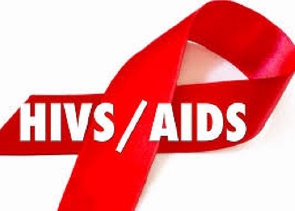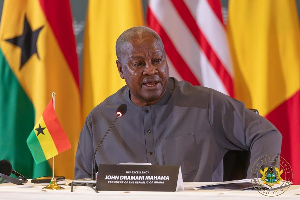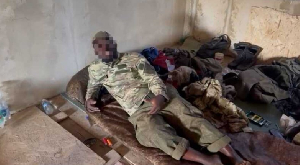Drugs for Neglected Diseases initiatives DNDi in collaboration with an Indian generic company Cipla is set to develop the first ever solid 4 in 1 fixed dose combination of abacavir/ lamivudine / Lopinavir/ Ritonavir for infants and young children under the age of three years that meet the World Health Organization WHO recommendations.
According to Dr Cissy Kityo Mutuluuza the Executive Director of Joint Clinical Research Center in Kampala, Uganda, the initiative is a collaborative effort with DNDi to ensure that they work on an easy to use formulation that are affordable and can be rapidly introduce throughout high HIV burden countries in Africa.
Dr Mutuluuza stated in their quest to bridge the existing gaps of leaving behind children living with HIV as a result of the inability to get their mother enroll on the PTMTC, it is crucial to look at alternative ways for children who could not swallow the too many tablets or capsules due to their age range.
She explained as part of improving on early infant diagnostic technology the new formulations will go a long way towards ending the long standing neglected children living with HIV that still claims the lives of 300 children on daily basis.
She added that they hope to work within the stipulated time to get the drug approved in the early part of 2019. But in to increase access in the interim the 2-in 1 combination the DNDi has been running what they called the living implementation study in Kenya, Uganda and Tanzania whose interim clinical results has shown to have a very high levels of adherence and clinical improvement as well as lower HIV viral loads demonstrating a better treatment outcomes.
Exerts believe the 4-in-1 will play a critical role in the next several years in closing the treatment gap for children with HIV. In 2010, DNDi was called upon by various organizations, including '8MSF, WHO, and Unitaid to apply its expertise in neglected disease R&D extend to the development of pediatric HIV treatments.
A pediatric HIV programme was set up at DNDi and experts were consulted to build target product profiles of needed formulations for this population. Priority was given to the development of improved PI-based first-line ARV regimens for infants and young children with HIV. In 2012, Unitaid awarded a significant grant to DNDi for its pediatric HIV programme. Ahedor Jessica
Unitaid remains committed to paediatric HIV care, and through its partnership with the Clinton
Health Access Initiative (CHAI), has significantly reduced the treatment gap between adults and children.
Health News of Thursday, 11 October 2018
Source: ahedor Jessica
Pediatric HIV victims get attention
Entertainment












